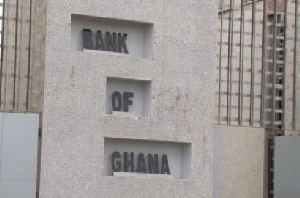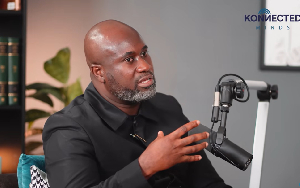Non Performing Loans (NPLs) will be one of the biggest beneficiaries of the rise in minimum capital requirement.
The development has been the bane of the Ghanaian financial sector for about a decade.
The Bank of Ghana raised the minimum capital requirement to GH¢400 million, equivalent to about US$100 million.
Commercial banks in the country have up to December 2018 to raise the amount, which represents a 333.3 per cent increase from the current minimum capital of GH¢120 million.
The total stock of loans that banks fear may go bad have reached close to GH¢8 billion as at June this year, the latest Bank of Ghana Banking sector report said.
The report which tracked the performances of banks from June 2016 to June 2017 showed the latest numbers translate into a NPL ratio of 21.2 percent in June 2017, compared with 18.8 percent in June 2016.
Financial Analyst, Jerry Afolarbi told Starr Business, more businesses can attract long term loans to inject into their operations.
He further added that the move will also “give some level of credibility to our banking system, reducing non-performing loans.”
According to him, one of the reasons why banks are recording non-performing loans is that the banks are not able to give long term loans making it difficult for businesses to be able to pay.
“This is going to give a lot of space to the banks to be able to give long term and medium term loans to most of the companies in the country,” he added.
Meanwhile, a banking consultant and former Managing Director of Amal Bank is asking employees of the various banks in the country to begin looking for ways to start their own businesses as he predicts more layoffs.
The caution from Menson Torkunoo stems from the belief that more banks would be forced to merge following the increase in the minimum capital requirement from 120 to 400 million cedis. It is largely perceived that quite a number of banks will not be able to meet this requirement by December 2018.
Business News of Tuesday, 12 September 2017
Source: starrfmonline.com













